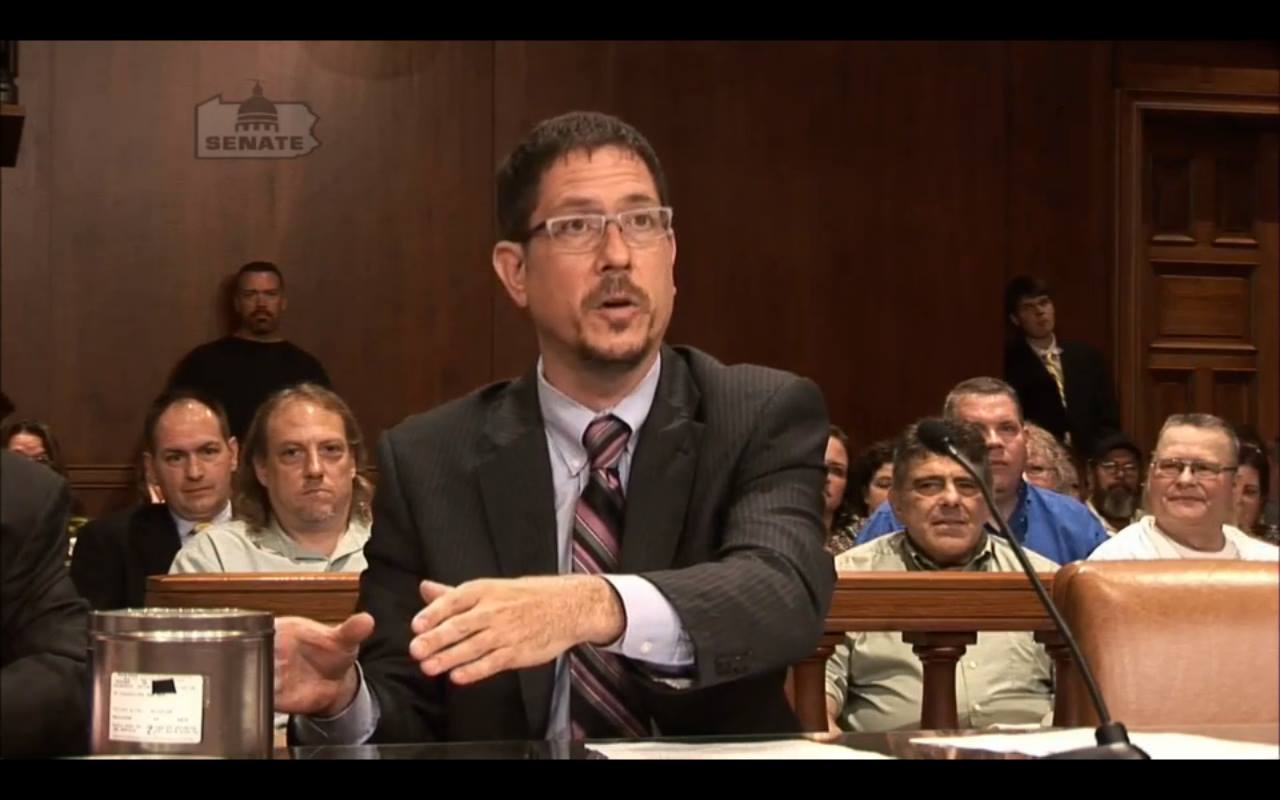Why Employ a Federal Crime Attorney: Secure Your Legal Rights with Professional Legal Assistance
Wiki Article
Demystifying the Refine of Federal Appeals: What You Required to Know
Browsing the intricate realm of federal charms can commonly look like passing through uncharted waters for those not familiar with the procedure. Recognizing the subtleties of appellate court territory, the intricacies of filing a notice of appeal, presenting a compelling brief, and making an influential oral argument are vital components that can considerably affect the result of a situation. By deciphering the layers of complexity surrounding federal appeals, individuals can get a clearer insight into the mechanisms that govern this crucial stage of the lawful system.Recognizing Federal Appeals Refine
Looking into the elaborate realm of the government appeals process reveals a structured and methodical journey through the judicial system. Federal allures act as a critical device for examining decisions made by lower courts. Understanding this procedure is necessary for any individual included in legal process at the government level.The procedure normally begins with a party dissatisfied with a reduced court's ruling submitting a notification of appeal. This triggers a testimonial by a higher court, where a panel of judges examines the legal debates provided by both parties. Briefs detailing the lawful thinking behind each party's position are sent, and oral arguments might be heard to clarify intricate issues.
The appellate court's decision is based on a comprehensive evaluation of the lower court's process and the disagreements offered. Once the appellate court gets to a choice, it can verify, reverse, remand, or modify the reduced court's judgment, supplying clarity and finality to the legal disagreement.
Appellate Court Territory Described
As we proceed from recognizing the government appeals procedure to studying the ins and outs of appellate court jurisdiction, a basic element comes to light regarding the authority and restrictions of these higher courts in the legal landscape. Appellate court territory refers to the extent of situations that a particular appellate court has the power to review and determine upon. Unlike high court that hear instances for the very first time, appellate courts are restricted to examining decisions made by reduced courts. These decisions can consist of judgments from both state and federal courts.Appellate courts have territory over specific types of instances, generally those entailing legal mistakes, step-by-step issues, or concerns of regulation instead of valid disputes. The territory of appellate courts is generally described in laws and laws that regulate the court system. Recognizing appellate court jurisdiction is important for events associated with the charms procedure as it establishes whether a case is eligible for testimonial and the level to which the appellate court can interfere in the lower court's decision.
Declaring a Notice of Appeal
The first action in beginning the government allures procedure entails submitting a Notice of Appeal with the proper appellate court. This critical document formally notifies the court and the other celebrations included in the instance that the appealing event plans to look for an evaluation of the reduced court's choice. Submitting a Notification of Allure is a rigorous step-by-step need that establishes the appellate procedure in activity.
When preparing the Notification of Allure, it is necessary to ensure compliance with the specific visit our website policies and standards of the pertinent appellate court. federal crime attorney. The document must typically consist of details such as the instance name, the reduced court's name, the date of the judgment being appealed, and a concise statement showing the premises for the charm

Rundown and Dental Argument
In the appellate procedure, presenting composed briefs and taking part in oral debates play pivotal functions in supporting for the appealing celebration's placement before the appellate court. Briefs are extensive lawful documents that outline the celebrations' debates, legal authorities, and analysis sustaining their placements. These written entries give the court with a comprehensive understanding of the truths of the instance, the relevant legislation, and why the appealing celebration believes the lower court's decision must be reversed.Complying with the entry and testimonial of the briefs, oral disagreements use the events an opportunity to further clarify their settings, attend to any kind of questions the appellate judges may have, and highlight essential factors from their created briefs. Dental debates are a chance for the attorneys to persuade the judges through verbal advocacy and reactions to queries from the bench.
Both the composed briefs and dental disagreements are critical parts of the appellate procedure, permitting events to offer their instance extensively and compellingly prior to the appellate court. - federal appeal lawyers
Receiving the Appellate Court Choice
Upon conclusion of dental debates and entry of composed briefs, the next critical phase in the appellate process includes awaiting the definitive ruling from the appellate court. This period of expectancy can be loaded with a mix of anxiousness and expect celebrations involved in the appeal. The appellate court's choice is commonly supplied in a composed style and describes the court's conclusions on the lawful issues offered, the thinking behind their decision, and the judgment rendered. The moment framework for getting the appellate court's decision can differ, however courts strive to give prompt resolutions. When the choice is released, celebrations must meticulously review the court's judgment to comprehend the outcome and establish any type of further actions that may be necessary. Whether the appellate court attests, reverses, or remands the reduced court's decision, recognizing the ramifications of the ruling is critical for all celebrations involved in the appellate process. Therefore, immediately assessing and understanding the appellate court's decision is important in browsing the next action in the lawful procedures.Final Thought
To conclude, the federal appeals process is a complicated however critical step in seeking justice. Comprehending the appellate court territory, submitting a notification of allure, preparing briefs, and presenting oral arguments are all important elements of this procedure. Inevitably, obtaining the appellate court decision can offer clearness and resolution to legal conflicts. It is crucial to browse the government charms procedure with persistance and interest to information to attain a reasonable end result.As we progress from understanding the federal allures procedure to exploring the complexities of appellate court jurisdiction, a fundamental facet comes to light regarding the authority and restrictions of these greater courts in the legal landscape. Appellate court jurisdiction refers to the scope of instances that a certain appellate court has the power to choose and evaluate upon. Unlike test courts that listen to situations for the first time, appellate courts are restricted to evaluating decisions made by reduced courts. Recognizing appellate court jurisdiction is essential for parties entailed in the charms process as it establishes whether a situation is eligible for testimonial and the degree to which the appellate court can intervene in the reduced court's decision.

Report this wiki page